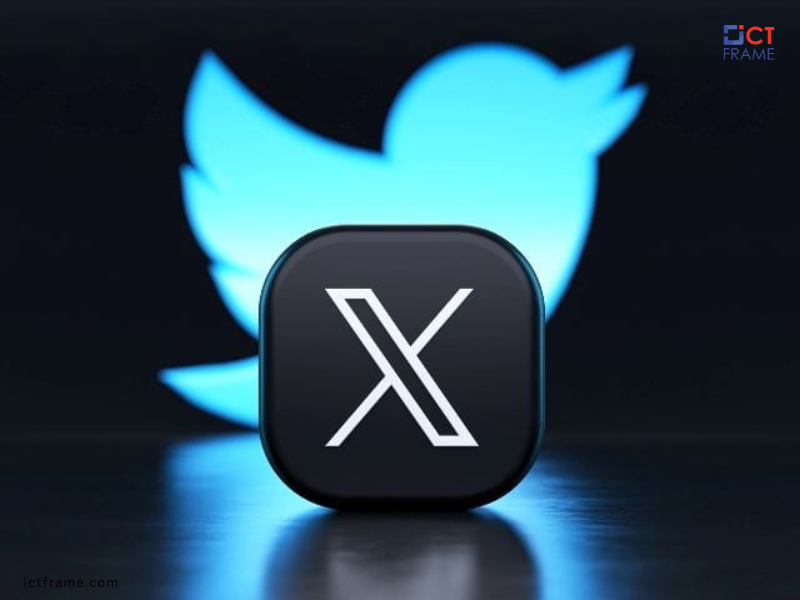X (Twitter) Responds to Nepal Government’s Ban, Initiates Registration Process
Twitter Nepal Government Registration
5th September 2025, Kathmandu
In a significant development for Nepal’s digital landscape, the global social media giant X, formerly known as Twitter, has officially reached out to the Government of Nepal to begin the process of registering its platform.
Twitter Nepal Government Registration
This comes just days after the government, in a landmark decision, announced a ban on all unregistered social media platforms operating within the country.
According to a spokesperson from the Ministry of Information and Communication Technology (MoICT), X’s Singapore office sent an official email to the ministry, inquiring about the necessary procedures and documents for registration in Nepal. The email, sent by a representative named Mark, marks the first formal communication from the company regarding compliance with Nepal’s new social media regulations.
The ministry confirmed that it has already responded, outlining the required steps and encouraging X to submit the necessary paperwork as soon as possible.
This move by X is a direct response to the government’s recent crackdown, which saw a nationwide directive issued to the Nepal Telecommunications Authority (NTA) to block access to all social media platforms that had failed to register within a seven-day deadline.
The ban, which has affected a multitude of platforms including Facebook, Instagram, and YouTube, was a culmination of repeated warnings and a Supreme Court directive aimed at regulating the digital space and ensuring accountability from tech companies.
The government’s decision to enforce the registration requirement is based on the “Directive on Regulating the Use of Social Media, 2080” (2023), which was enacted to address a range of issues from misinformation and cybercrime to data privacy and national sovereignty.
The directive mandates that all social media platforms, whether domestic or foreign, must register with the MoICT, establish a local presence, appoint a local representative to handle grievances, and comply with Nepali laws.
The rationale is to hold these platforms accountable for content on their services and to ensure a formal channel of communication with the government.
While some platforms like TikTok and Viber had already completed the registration process, major players like Meta (Facebook, Instagram) and Alphabet (YouTube) had not, leading to their subsequent deactivation.
The swift response from X suggests a shift in strategy by international tech companies, who may now be realizing the seriousness of the government’s stance. This development could set a crucial precedent for other platforms that are currently facing a ban.
The move by X has been welcomed by officials at the MoICT, who see it as a positive step towards creating a more regulated and secure digital ecosystem.
It shows that international companies are willing to comply with the nation’s legal framework to continue serving their users in the Nepali market. The government has made it clear that once a platform completes the registration process and submits the necessary documents, its services will be restored.
The ban, while aimed at regulation, has also stirred debate among various stakeholders. Critics have raised concerns about freedom of expression, the impact on digital businesses, and the potential for a “walled garden” internet.
However, the government has maintained that the goal is not censorship but rather the establishment of a fair and accountable operational environment for all.
As the situation unfolds, the focus now shifts to other major platforms like Meta. Will they follow X’s lead and initiate the registration process?
The coming days will be critical in determining the future of social media access and regulation in Nepal. ICTFrame will continue to monitor the situation and provide the latest updates on this developing story.
For more: Twitter Nepal Government Registration






